As oceans warm, the World’s kelp forests begin to disappear
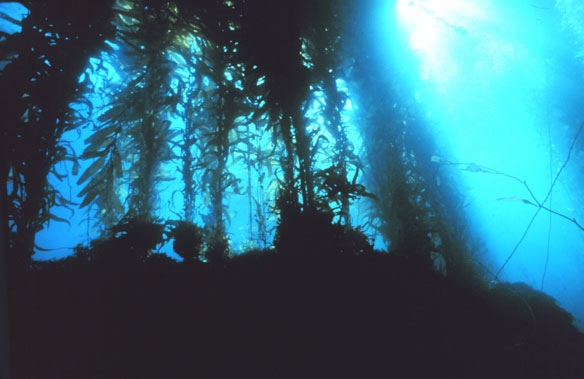
Kelp forests — luxuriant coastal ecosystems that are home to a wide variety of marine biodiversity — are being wiped out from Tasmania to California, replaced by sea urchin barrens that are nearly devoid of life.
If we act on climate change now, the economic prize will be immense

Nearly 7,500 cities worldwide have already come together to promote and support climate action. They know that sustainable cities are successful cities.
The zombie diseases of permafrost
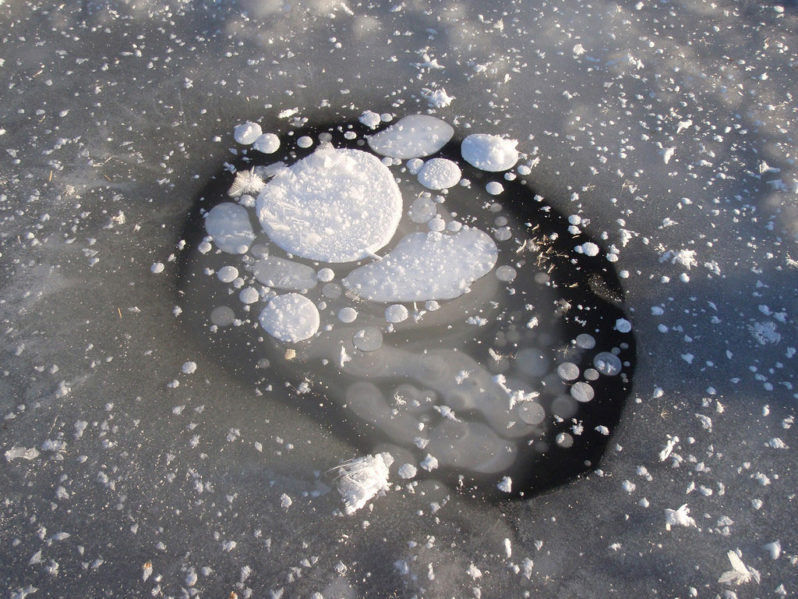
What lurks in the Arctic’s thawing permafrost? Climate change, in other words, could awaken Earth’s forgotten pathogens. It is one of the most bizarre symptoms of global warming. And it has already begun to happen.
Expedition braves Arctic perils for climate science
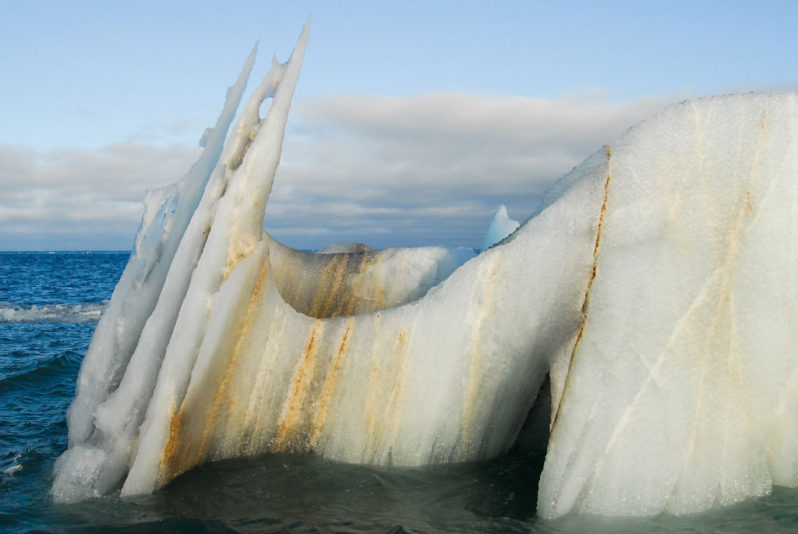
After being foiled for years by the harsh conditions, researchers were finally able to collect key core samples from a remote lake in Svalbard—which may provide valuable insight into how our climate will change over the coming decades.
NASA launches powerful polar weather satellite
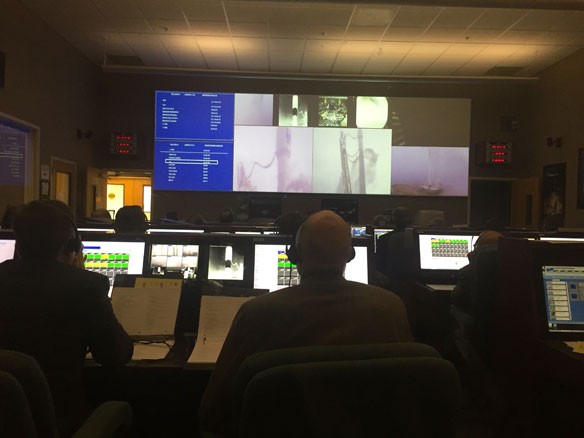
A workhorse Delta 2 rocket finally streaked away from the California coast early Saturday carrying a state-of-the-art $1.6 billion weather satellite into an orbit around Earth’s poles, the first of four intended to ensure reliable forecasting over the next two decades.
Engineering a more efficient system for harnessing carbon dioxide
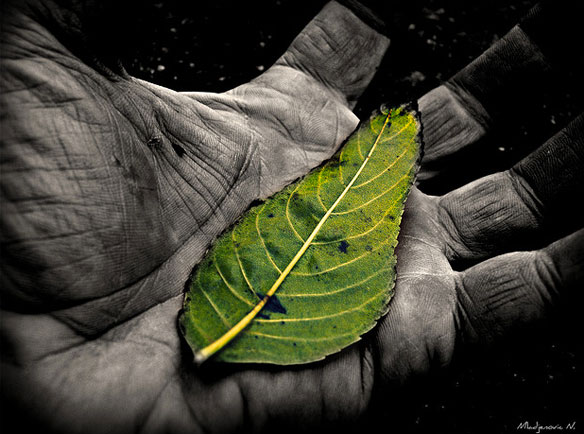
A team of international scientists has reverse engineered a biosynthetic pathway for more effective carbon fixation. This novel pathway is based on a new CO2-fixing enzyme that is nearly 20 times faster than the most prevalent enzyme in nature responsible for capturing CO2 in plants by using sunlight as energy.
The Changing Colors of our Living Planet
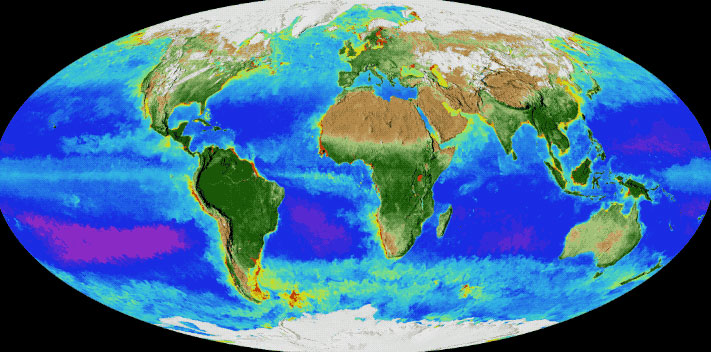
Life. It’s the one thing that, so far, makes Earth unique among the thousands of other planets we’ve discovered. Since the fall of 1997, NASA satellites have continuously and globally observed all plant life at the surface of the land and ocean.
Pacific Island countries could lose 50 to 80% of fish in local waters under climate change
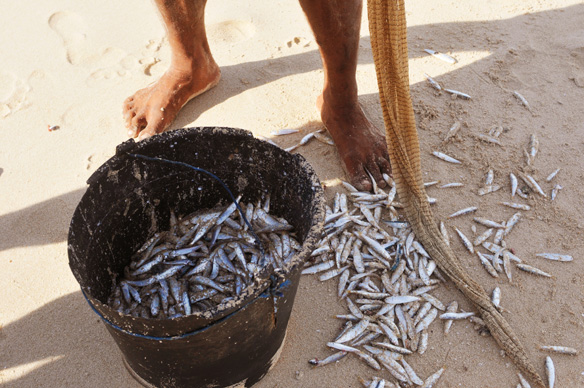
Many Pacific Island nations will lose 50 to 80 percent of marine species in their waters by the end of the 21st century if climate change continues unchecked, finds a new study. This area of the ocean is projected to be the most severely impacted by aspects of climate change.
15,000 scientists in 184 countries warn about negative global environmental trends
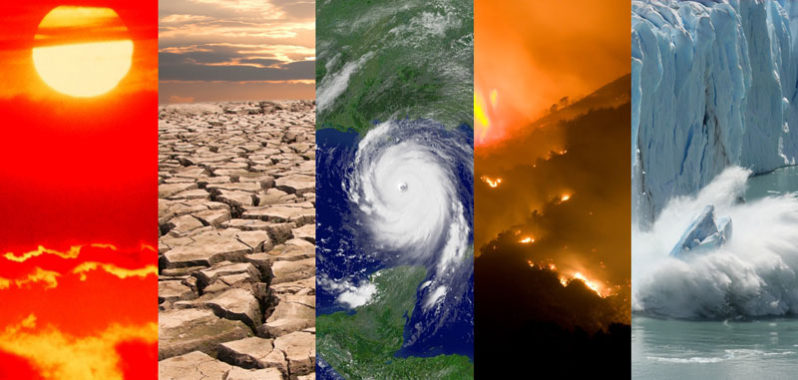
Human well-being will be severely jeopardized by negative trends in some types of environmental harm, such as a changing climate, deforestation, loss of access to fresh water, species extinctions and human population growth, scientists warn.
